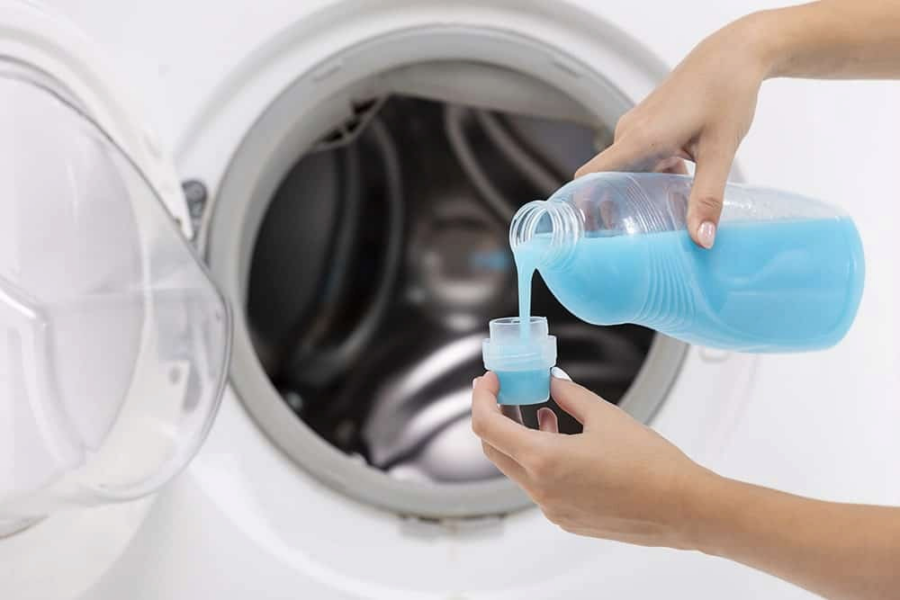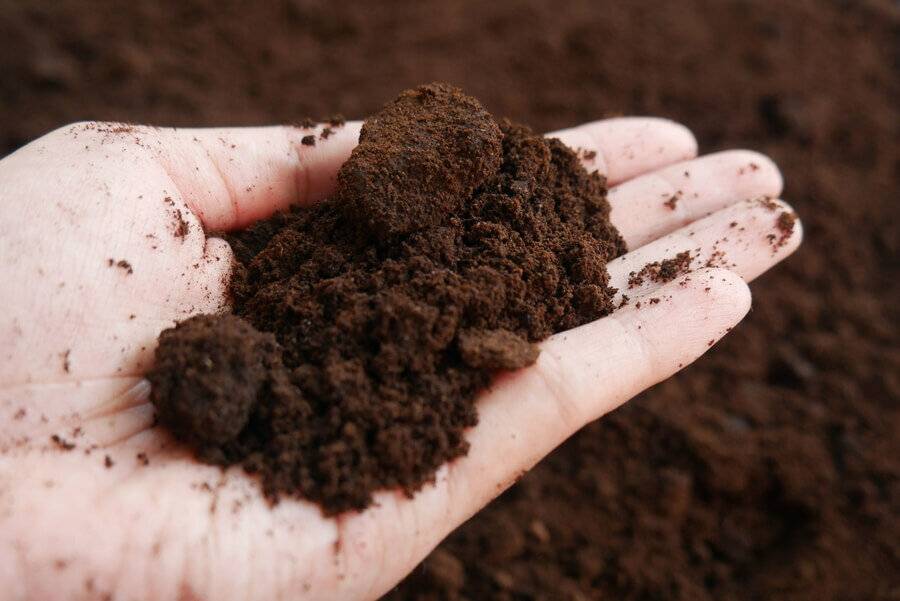Is Gain Laundry Detergent Septic Safe?
When it comes to choosing the right laundry detergent, one important consideration is its impact on septic systems. Septic systems play a crucial role in managing household wastewater, and using a detergent that is not septic safe can lead to potential issues and costly repairs. In this article, we will delve into the question of whether Gain laundry detergent is septic safe, providing you with the information you need to make an informed decision for your home.
| Topic | Details |
|---|---|
| Product Name | Gain Laundry Detergent |
| Septic Safety | To be determined |
Gain laundry detergent is a popular choice among households for its effective cleaning power and refreshing scents. However, its impact on septic systems is a matter of concern for many homeowners. Septic systems rely on a delicate balance of bacteria and enzymes to break down waste and maintain proper functioning. Introducing harsh chemicals or additives through laundry detergents can disrupt this balance and potentially harm the septic system.
In the following sections, we will explore the septic safety of Gain laundry detergent, examining its ingredients and their potential impact on septic systems. We will also consider any official statements or certifications provided by the manufacturer regarding septic safety. By the end of this article, you will have a clear understanding of whether Gain laundry detergent is a suitable choice for your septic system.

Before we dive into the specifics, it’s important to note that the information provided in this article is based on available knowledge up until January 2022. If there have been any recent updates or changes regarding the septic safety of Gain laundry detergent, it is recommended to consult the manufacturer’s website or reach out to their customer support for the most up-to-date information.
Now, let’s explore the ingredients and potential septic impact of Gain laundry detergent to determine whether it is septic safe or not.
The Impact of Gain Laundry Detergent on Septic Systems
When it comes to the septic safety of Gain laundry detergent, it is essential to examine its ingredients and their potential impact on septic systems. While Gain offers a range of products with different formulations, we will focus on their standard liquid laundry detergent for this analysis.
Ingredients of Gain Laundry Detergent
Gain laundry detergent contains a combination of surfactants, enzymes, fragrance, and other additives. Surfactants are responsible for removing dirt and stains from clothes, while enzymes help break down protein-based stains. Fragrances are added to provide a pleasant scent to the freshly laundered clothes.
However, some of these ingredients may raise concerns when it comes to septic system health. Certain surfactants and fragrances can be harsh and may disrupt the natural balance of bacteria and enzymes in the septic tank. Additionally, some additives in laundry detergents, such as optical brighteners, can be difficult to break down and may accumulate in the septic system over time.
Septic Safety of Gain Laundry Detergent
While Gain does not explicitly market their laundry detergent as septic safe, they also do not provide any specific warnings or precautions regarding its use with septic systems. This lack of information makes it challenging to determine the exact septic safety of Gain laundry detergent.
However, it is important to note that many standard laundry detergents, including Gain, are designed to be compatible with septic systems when used as directed. This means using the recommended amount of detergent per load and avoiding excessive use. Following the manufacturer’s instructions can help minimize the potential negative impact on septic systems.
Practical Recommendations
Based on the available information, here are some practical recommendations to consider when using Gain laundry detergent with a septic system:
- Use the recommended amount: Follow the instructions on the packaging and use the appropriate amount of Gain laundry detergent for each load of laundry. Using more detergent than necessary does not result in cleaner clothes and can increase the strain on your septic system.
- Avoid excessive use: Using excessive amounts of detergent or adding extra boosters can introduce unnecessary chemicals into your septic system. Stick to the recommended dosage to maintain a healthy balance in your septic tank.
- Choose fragrance-free options: Fragrances in laundry detergents can be a source of concern for septic systems. If you have a sensitive septic system or want to minimize potential issues, consider using fragrance-free versions of Gain laundry detergent.
- Regular septic system maintenance: Regardless of the laundry detergent you use, proper septic system maintenance is crucial. Regularly schedule septic tank inspections and pump-outs as recommended by professionals to ensure the optimal functioning of your septic system.
Conclusions
While Gain laundry detergent does not explicitly advertise itself as septic safe, it can be used with septic systems when used as directed. Following the recommended dosage, avoiding excessive use, and practicing regular septic system maintenance are key factors in maintaining a healthy septic system.
However, it is always advisable to consult the manufacturer’s website or contact their customer support for any specific information regarding the septic safety of Gain laundry detergent. They may have additional recommendations or updates that can help you make an informed decision for your septic system.
Remember, the information provided in this article is based on available knowledge up until January 2022. If there have been any recent updates or changes regarding the septic safety of Gain laundry detergent, it is recommended to seek the most up-to-date information from the manufacturer.


0 Comments